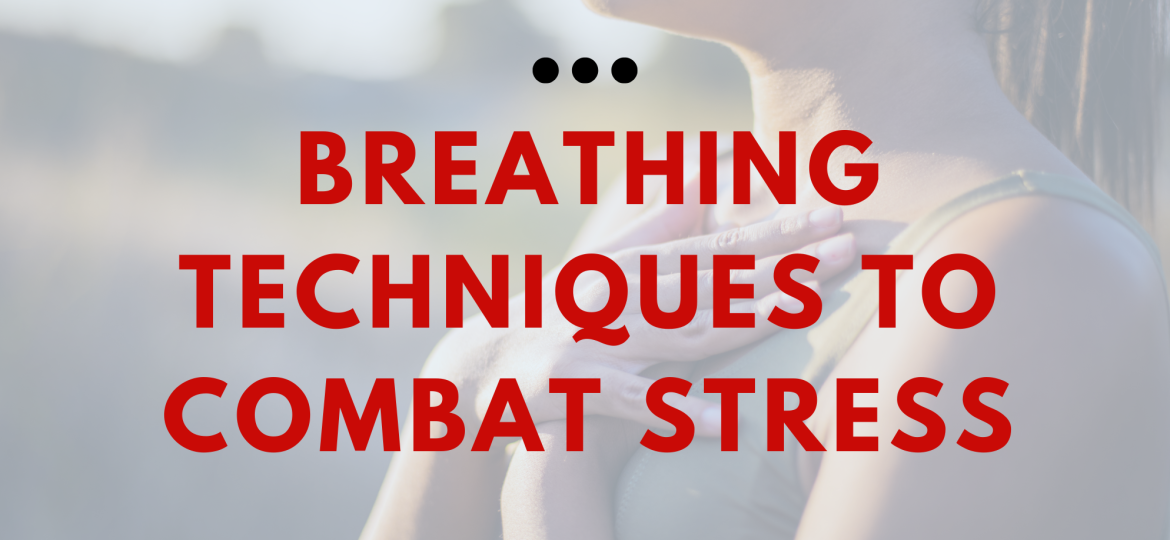
This blog post was written by Jacob Hardy, a Core Physical Therapy PT who specializes in breathing disorders.
If you’ve ever experienced stress or anxiety, you probably know how closely it is linked to our breathing. But have you ever wondered why that is? Let’s explore the fascinating relationship between breathing and anxiety, and how we can use conscious breathing to combat stress and its negative effects.
Our nervous system plays a crucial role in this connection. We have two key parts: the somatic nervous system, which controls voluntary actions like moving muscles and breathing consciously, and the autonomic system, which regulates unconscious processes like digestion, heartbeat, and involuntary breathing. The autonomic system further branches into the sympathetic system (fight-or-flight response) and the parasympathetic system (rest-and-digest response).
During times of anxiety or stress, our sympathetic system often remains active, making it challenging for the parasympathetic system to kick in and promote relaxation. This imbalance perpetuates the cycle of anxiety and can lead to health issues.
So, how do we break this cycle and encourage cooperation between the two nervous system subdivisions? The answer lies in conscious voluntary breathing practices.
When we are stressed, we tend to breathe shallowly and rapidly, resulting in reduced oxygen delivery to the brain. This lack of oxygen triggers even more sympathetic activity, leading to faster and lighter breathing. It becomes a never-ending loop that contributes to anxiety and worsens health.
To break free from this cycle, we can start with simple breathing exercises.
Try this: Breathe in through your nose for 3-4 seconds and then exhale through your nose for 5-6 seconds. Do this for 5-10 minutes straight, focusing on breathing deeply into your diaphragm. Pay attention to how you feel before and after the practice.
By consciously breathing lighter, deeper, and slower, we activate the parasympathetic nervous system, which helps our body lower the alarm and induce a sense of calm and relaxation. Over time, this practice can lead to improved mental well-being and overall health.
Remember, taking a few moments each day to engage in conscious breathing can be a powerful tool in combating anxiety and stress. Embrace the breath and let it guide you to a more peaceful and centered state of mind.
Want to learn more about Jacob? Visit his profile to learn more!
